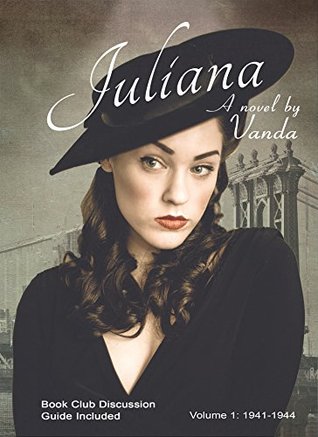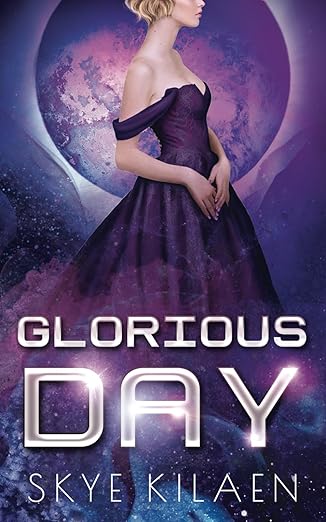Juliana is actually the story of Alice Huffman, “Al” for short, a small-town girl who moves to the Big Apple in the 1940s to pursue a musical and acting career. She ends up spending very little time working on said career, and more time alienating her friends while having a constant, back-and-forth existential crisis about her sexuality.
I knew I was in trouble when the book began with an apology:
“I wrote this novel to be accurate for its time. That means there may be occasional words used to refer to certain groups of people that would be consider [sic] inappropriate today; therefore, I wish to formally apologize to Roman Catholics, African Americans, Jews, the Japanese, and the disabled.”
That apology could have also gone out to the LGBT community. Though this is a story about and supposedly for queer women, there is so much homophobia depicted in these pages that I was tempted to give up 10% of the way through– and would have, if I wasn’t reading to review.
We pressed our own noses against the glass to see what was going on. Inside there were real homosexuals eating breakfast. When they saw us staring, the men homosexuals did a fairy dance like they were girls and the girl homosexuals, wearing suits and ties, kissed each other on their mouths. It was disgusting.
Worse than the homophobia surrounding Al is her own internalized homophobia. Every time it seems as if Al is about to grow from an experience, she immediately backtracks. In one scene she is kissing Juliana, in the next berating her for leading her down an immoral path. I failed to understand why a semi-successful club singer like Juliana would be interested in such a stick-in-the-mud, unless she wanted to take advantage of Al’s insecurity and naïveté.
The unhealthy nature of their relationship may be the main reason this novel didn’t work for me. At no point do we get a window into Al’s feelings, aside from sexual desire for Juliana. And even while Al’s body is saying “hell yes,” her mouth is saying “no.” Juliana pursues a sexual relationship with her anyway, making this an extremely uncomfortable read for people like me, who value such things as consent.
If the (lack of) consent between Juliana and Al isn’t questionable enough, Al is also sexually assaulted by one of her closest friends earlier in the story. She immediately forgives him and acts as if this violence never happened for the remainder of the novel, a response which I cannot logically reconcile without deciding Al is just an inconsistent character.
The supporting cast is not much better. The only living, breathing part of this novel, for me, was the setting. Vanda grew up in Huntington NY according to her bio, which is where this story begins. It is clear that plenty of research went into the location and time period, sometimes to the detriment of the plot. I got the impression that the author was more keen on hitting all the historical bases than in telling a coherent story. Yes, the setting is beautifully portrayed, but at what cost?
History buffs may find Juliana an engrossing read, but for those of us looking for lesbian romance, it leaves much to be desired.



